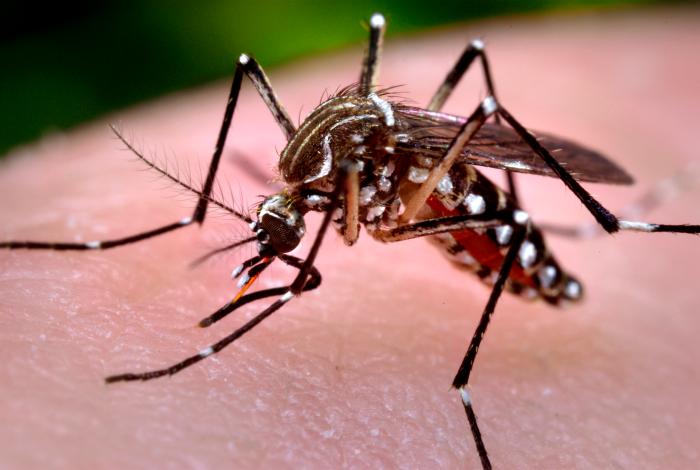In Vietnam, a massive anti-dengue fever campaign was launched Sunday across eight disease-prone cities and provinces nationwide. This comes after reports the country has more than 20,000 cases of dengue fever infections. South and Central provinces including Ho Chi Minh City, Binh Duong, Ba Ria-Vung Tau are hot spots of the disease.

In Ho Chi Minh alone, as of June 4, over 4,600 people have been infected, an annual 27 percent increase and two died of the disease.
In Thailand, The Ministry of Public Health is scheduled to sign on Monday (Jun 15) cooperation agreements with seven other ministries for anti-dengue campaigns intended to stem the spread of the mosquito-borne disease.
Since January, the dengue virus has sickened over 12,000 people, 11 of whom died. Without proper prevention, infection cases could exceed 70,000 this year, the health ministry notes.
Related: Thailand: Koi pla linked to high incidence of liver cancer in Northeast thanks to liver flukes
In Malaysia, where the total case count has eclipsed 51,000 as of Sunday has also seen dengue-related fatalities increase by 100 percent compared to 2014.
Director-general of Health Datuk Dr Noor Hisham Abdullah says from January until June 6 this year, 144 deaths were recorded compared to 72 cases in the same period last year.
Lastly, a dengue vaccine may be available in Indonesia in 2016, according to a Jakarta Globe report last week. Sanofi Pasteur Indonesia general manager Joko Murdianto said that it only took the approval of Indonesia’s Food and Drug Monitoring Agency (BPOM) for the vaccine to be made available for people here.
“We hope that the vaccine will be available in early 2016,” Joko said on Thursday. “We’re waiting for BPOM approval.”
According to the World Health Organization, dengue is transmitted by the bite of a mosquito infected with one of the four dengue virus serotypes. It is a febrile illness that affects infants, young children and adults with symptoms appearing 3-14 days after the infective bite. As many as 400 million people areinfectedyearly.
Dengue is not transmitted directly from person-to-person and symptoms range from mild fever, to incapacitating high fever, with severe headache, pain behind the eyes, muscle and joint pain, and rash. There is novaccine or any specific medicine to treat dengue. People who have dengue fever should rest, drink plenty of fluids and reduce the fever using paracetamol or see a doctor.
Severe dengue (also known as dengue hemorrhagic fever) is characterized by fever, abdominal pain, persistent vomiting, bleeding and breathing difficulty and is a potentially lethal complication, affecting mainly children. Early clinical diagnosis and careful clinical management by trained physicians and nurses increase survival of patients.


3 thoughts on “Asia dengue fever update: Vietnam, Thailand and Malaysia”